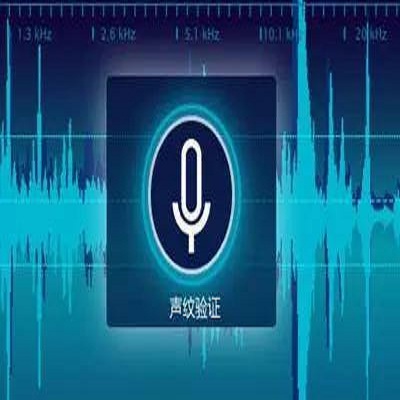Speaker recognition is a widely used voice-based biometric technology with applications in various industries, including banking, education, recruitment, immigration, law enforcement, healthcare, and well-being. However, while dataset evaluations and audits have improved data practices in face recognition and other computer vision tasks, the data practices in speaker recognition have gone largely unquestioned. Our research aims to address this gap by exploring how dataset usage has evolved over time and what implications this has on bias, fairness and privacy in speaker recognition systems. Previous studies have demonstrated the presence of historical, representation, and measurement biases in popular speaker recognition benchmarks. In this paper, we present a longitudinal study of speaker recognition datasets used for training and evaluation from 2012 to 2021. We survey close to 700 papers to investigate community adoption of datasets and changes in usage over a crucial time period where speaker recognition approaches transitioned to the widespread adoption of deep neural networks. Our study identifies the most commonly used datasets in the field, examines their usage patterns, and assesses their attributes that affect bias, fairness, and other ethical concerns. Our findings suggest areas for further research on the ethics and fairness of speaker recognition technology.
翻译:暂无翻译




